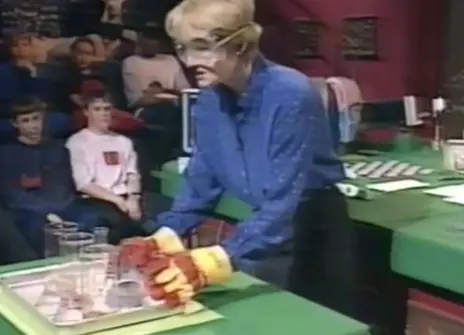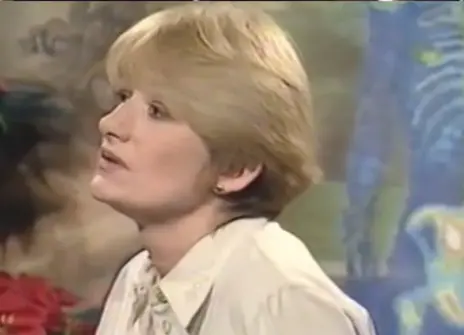Lecture 5 – Pushing the limits
From hot arid deserts to the depths of the deep sea, the earth possesses some inhospitable environments; yet life still finds a way to survive.
Living in the extremes can put significant pressure on living organisms – if it’s too hot you run the risk of dehydrating and if it’s too cold there’s always the risk that you might freeze. So how do animals manage to survive in these seemingly uninhabitable locations?
In her final Christmas Lecture, Nancy Rothwell reveals some of the incredible adaptations that animals have evolved to cope with life in the extremes. From anti-freeze blood to double-layered fur, each animal has found its own way to overcome the extremes.
We also learn what it takes for humans to survive in these locations – from the perilously cold conditions confronted by Antarctic explorers to the extreme forces experienced by fighter pilots.
About the 1998 CHRISTMAS LECTURES
From burning off that extra piece of pudding to keeping it cool, our bodies are juggling all sorts of chemical reactions to keep us alive and healthy. Over the course of five lectures, Nancy Rothwell takes a closer look at the physiological processes that help our bodies stay in balance, and reveals what can happen when that balance tips the wrong way.
Beginning with a look at our senses, Nancy explains how our perception of the world around us is essential to our survival, and how other creatures in the animal kingdom have evolved similar sensitivities.
We learn how all our bodily processes are fuelled by energy in the food we eat, and how they are affected by the temperature of our surrounding environment.
With the help of some animal friends, Nancy reveals how our bodies are trained by the sun and how some creatures know exactly when it’s time to die, before finishing with a look at the astonishing adaptations animals have evolved to cope with life in the extremes.





